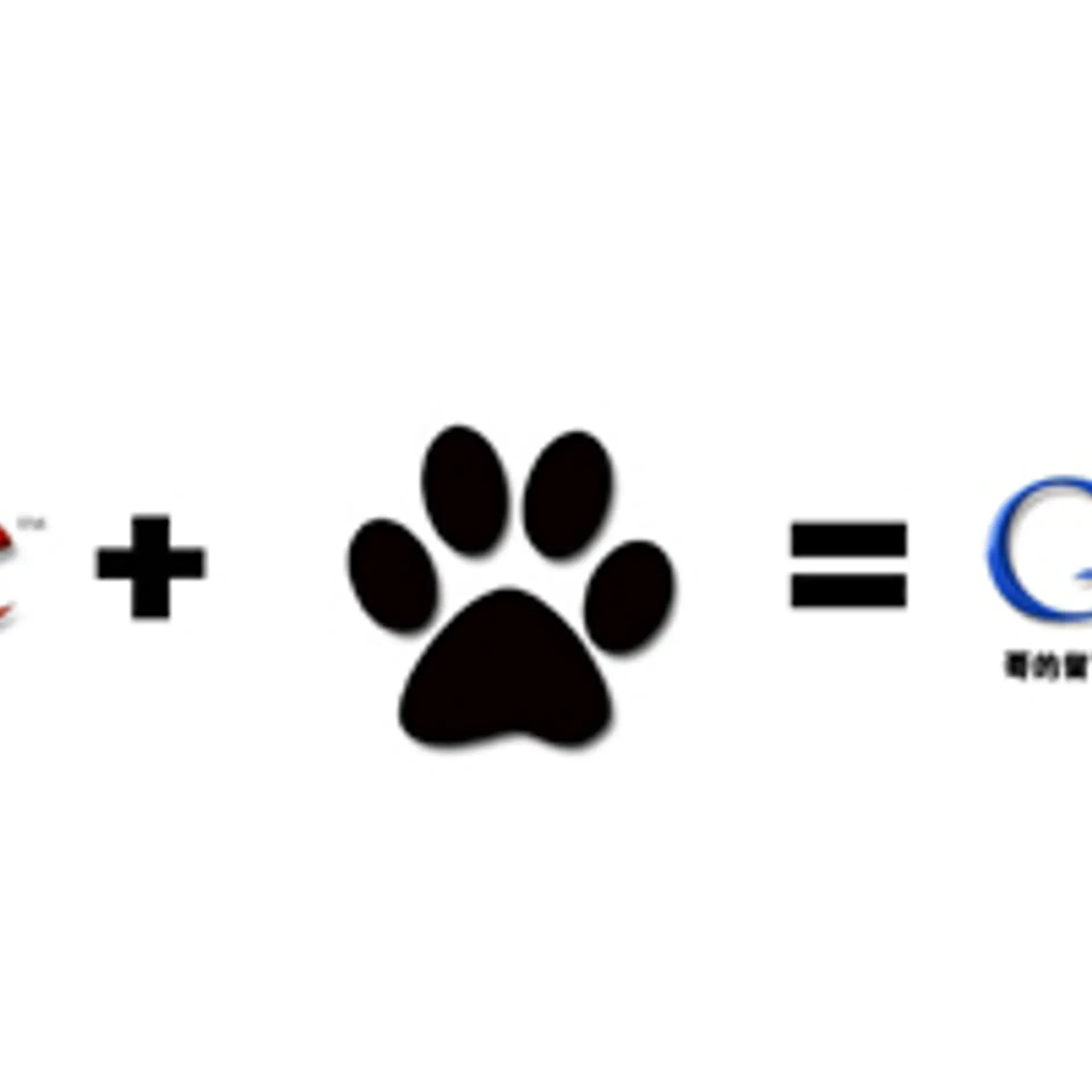

Importance of SOC (Security Operations Center) for Small and Medium-Sized Businesses
With an increasing number of threats in the world, small and mid-sized businesses are facing numerous issues. They are keen to find security services which fit their budgets and yet provide proper security services. An important problem that SMBs (small and mid-sized businesses) face is lack of personnel to build and function their own SOC (Security Operation Center). Due to this, the Security Information and Event Management (SIEM) process is out of reach. Eventually, many such organizations are turning towards the way of outsourcing SOC as a Service which can suit their organization's needs and improve the security posture. Several small to mid-sized companies face the "trio of the cyber security troubles" as follows:

Security Services
· Recent ransomware like Petya and WannaCry caught the world in their evil grip but in a more modern way.
· With the increasing number of cyber threats, there is an increase in the security expertise scarcity creating over 3.5 million cyber security openings by 2021.
· As per the Verizon’s DBIR report, hackers are targeting on small and mid-sized businesses and creating a havoc in them as they lack proper SOC (Security Operations Center) services.
As a consequence, small and medium-sized businesses (SMBs) are finding ways on how they can deal with so many upcoming challenges. Therefore, they are going to the reputed security service providers who can implement SOC as a Service. Although, this is a right decision, yet exploring and choosing the correct SOC service provider is not that easy. If your vendor lacks proper and mandatory amenities for the effective SOC with a plain focus on managed detection, then this can turn to a bigger loophole in your security posture.
If you too are stuck on how to choose a smart security provider, then you can follow the below checklist. It guides you to search for a comprehensive SOC service. The checklist includes:
Complexity level
A recent Gartner study identified that MDR (managed detection and response) is a fast-growing market. The detection is obviously used to recognize the threats, but the SOC should also provide prevention and IR (incident response) in case of a disaster.
A comprehensive security package like decisive and effective IR, protection from DDoS attack, ransomware, data breach, and disaster recovery is all you need when you consider a SOC. If the vendor doesn't provide 24/7 SOC and IR services, then it should not be termed as SOC.
Real-Time Threat Analysis
Monitoring the threats in real-time with the use of detection services and forensics is a crucial task for SOC. It should be for all the security incidents on the basis of 24/7. The scanty staff in the security team can't handle the noisy and complex SIEM (Security Information and Event Management) tools. They can't strain out the false alarms and hence the performance level doesn't stay up to the mark for vital security matters.
You have to make sure that the SOC provider has the abilities of smart detection of the threats round the clock so that you can sleep peacefully.
Armed Threat Hunting
With the burgeoning techniques of hacking and hackers getting smart, it is very tedious to detect every single type of attack. Staying armed means, the network has to stay prepared in advance and search for the threats proactively. This would result in auto-adjustment of the network as per the latest cyber-attacks which could be just a few hours ago. This is a huge responsibility of the security specialists. It calls for learning the different and unique requirements of the client's network and hunt down the threats which can still pass on through the detection process. For this method to work, we need relevant and efficient threat-intelligent sources, machine learning techniques, and choosing everything which can help in one or the other way to find valid security incidents impacting the consumers.
Compliance Control
Compliances are a vital factor while implementing the SOC. Every SOC should compulsorily have some compliances like PCI DSS, HITECH, HIPAA, GLBA, FFIEC, and some other standards that high-quality industries must bind to. The compliance organizations must provide templates for recommended security checks and vulnerability assessments and see whether the businesses are abiding by the given regulatory measures.
Not just hackers can cost you big bucks, but not having required compliances can lead you to pay penalties as well! You must make sure that all these things are handled by your SOC service provider.
Strategic Advising
After monitoring the network and hunting for the upcoming threats, the security engineers will get an in-depth understanding of your company's network. This knowledge of network topology, places of the vital assets will help them to protect those with a proper defense strategy. You should demand this from the outsourced SOC provider as this contributes to designing and improving the security posture.
Instead of having a just scalable cloud-based technology, an outlined IR (Incident Response) process and a team of well-trained security specialists shall persuade the clients to get insights into their organization's security posture. Further, this helps in improving and running the business processes more effectively.
Defined Pricing
Pricing is the issue which everyone faces. Make sure that your prices don't fluctuate every single time because this would deteriorate the trust of your consumers. The SOC service provider should make fixed pricing plans. The rates shall vary on the number of sensors and users instead of log data's volume and servers monitored. Such predictable and defined pricing models are essential for small and mid-sized businesses (SMBs). These organizations struggle with the fluctuating costs and can't afford highly expensive managed services. Therefore, the SOC providers should not have unpredictable costs.
To summarize
All these factors are important to consider while choosing the SOC provider. This checklist will guide you to know which things you should not compromise when you want to outsource the SOC provider. You can further read why SOC is important here.






